What daily life in Afghanistan looks like after two years under the Taliban
The rights of women have been severely impeded as the war-torn nation’s ‘slide into poverty’ continues
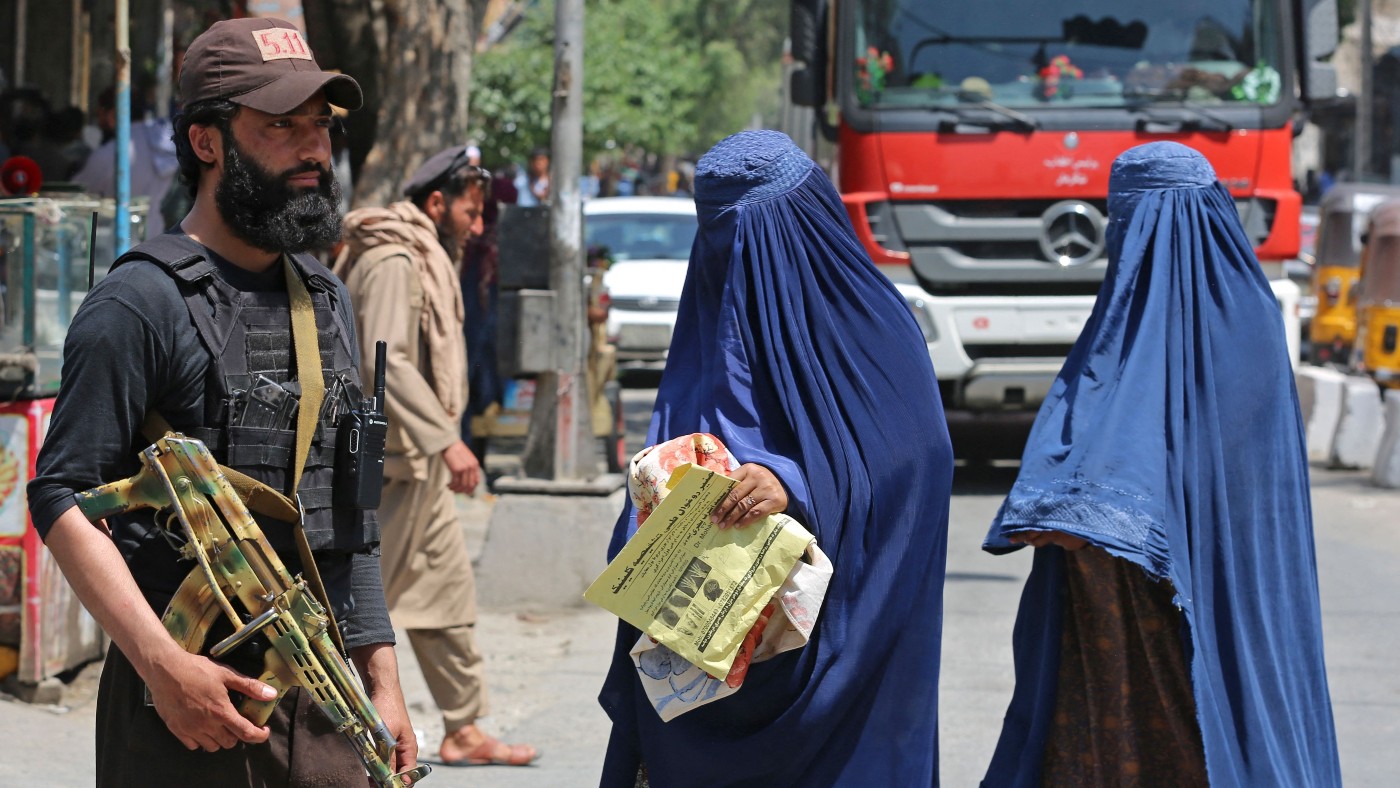
A free daily email with the biggest news stories of the day – and the best features from TheWeek.com
You are now subscribed
Your newsletter sign-up was successful
It has now been two years since the Taliban toppled the Afghan government after Western nations chaotically withdrew after a 20-year occupation.
At the time, the focus centred on evacuating thousands of desperate foreigners and vulnerable Afghans from the nation before the Taliban officially regained control.
Now, two years on from the takeover, life has been much changed for those who were left behind. Zahra, a 20-year-old student, remembers an altogether different time. “We were studying, sometimes we were gathering together, we were riding bikes,” she told CNN.
Zahra now worries about a “future that has unraveled before her eyes”, the broadcaster added, unable to go to school or meet up with friends.
Upon seizing power again in 2021, the Taliban promised women would be “very active” within Afghan society. However, “these assurances have been firmly demolished” since, the BBC stated.
A ban on girls attending secondary schools was the first major setback, followed by travel restrictions, stricter dress codes and, more recently, the banning of beauty salons.
“There is no such thing as women’s freedom anymore,” Mahbouba Seraj, an Afghan 2023 Nobel Peace Prize nominee, told CNN. “The women in Afghanistan are being slowly erased from society, from life, from everything.”
Since the Taliban takeover, other marginalised groups have begun to fear for their rights, and their lives. Although Afghanistan was already dangerous for LGBTQ+ individuals, “the situation dramatically worsened” in 2021, said Human Rights Watch. Many told the NGO that “Taliban members attacked or threatened them because of their sexual orientation or gender identity”.
For some, the new way of life is “their first experience of life without war”, The National reported, but citizens are still suffering. The nation’s economy has been “choked by a combination of brain drain and the pariah status of Afghanistan’s new government in the eyes of the international community”, the news site added.
The takeover accelerated “Afghanistan’s decade-long slide into poverty”, UN News said, as it is among the countries with the lowest per capita income in the world.
For now, the Taliban “face no significant opposition that could topple them”, The Associated Press reported. “The secret of their success is that they are united,” Abdul Salam Zaeef, a former Taliban envoy to Pakistan, told the news agency. “Disagreements are put in front of the emir [Hibatullah Akhundzada] and he decides. They follow his word.”
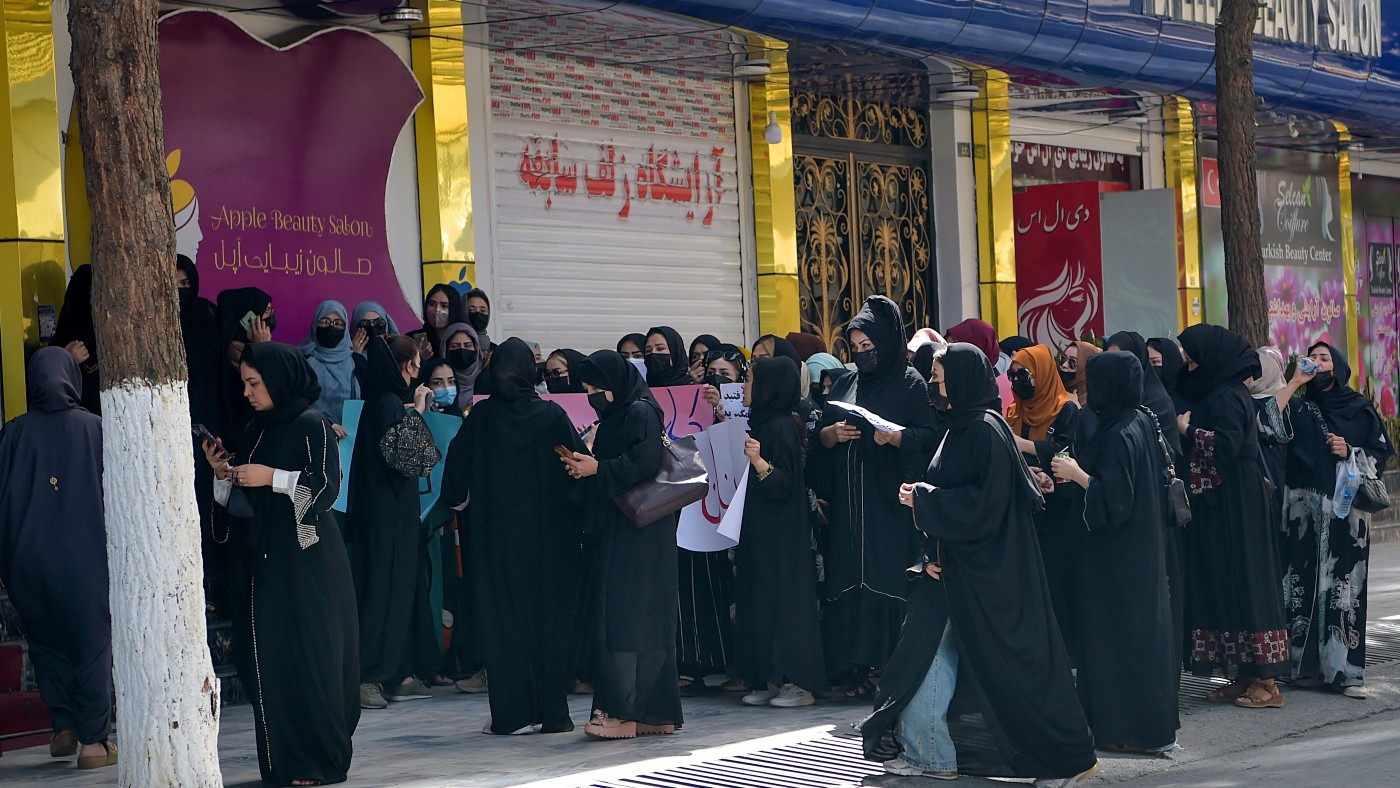
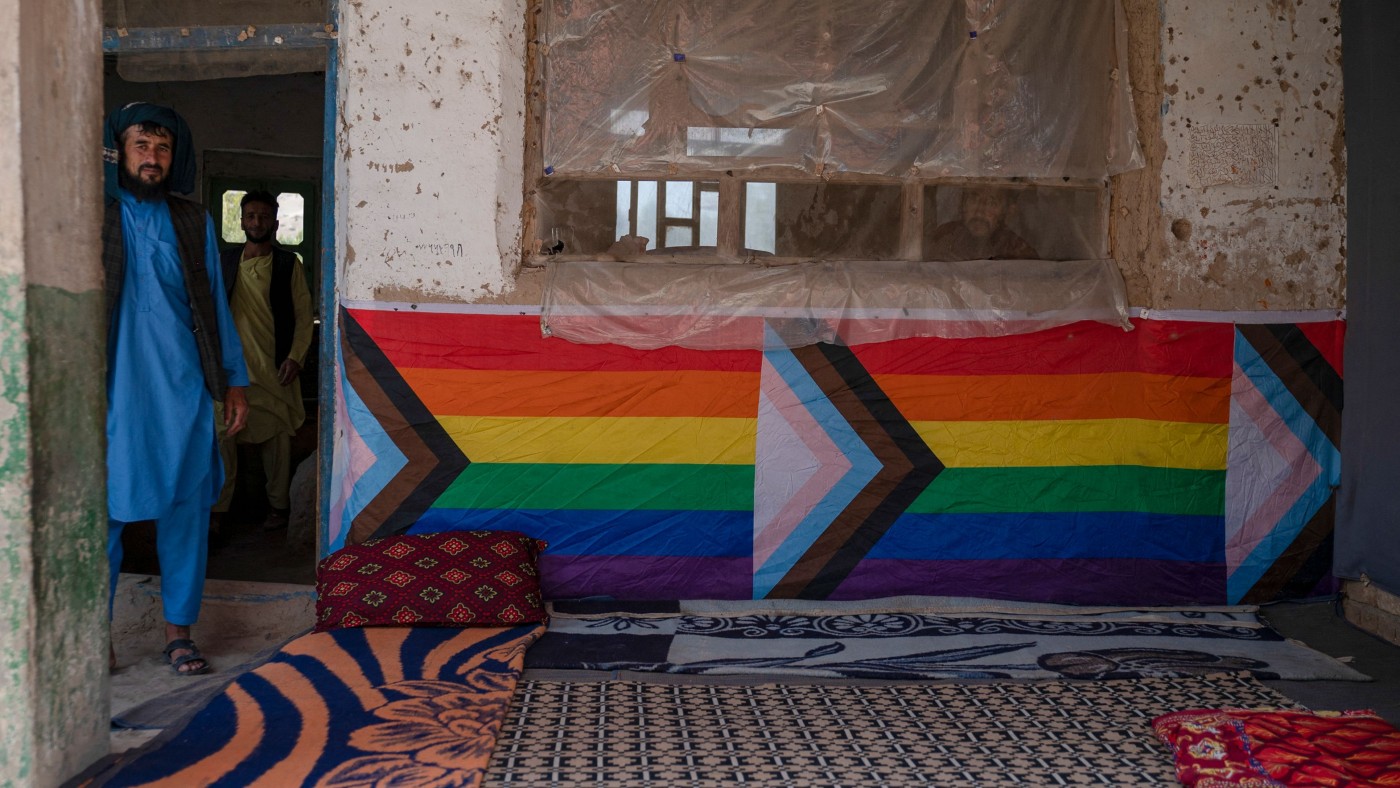
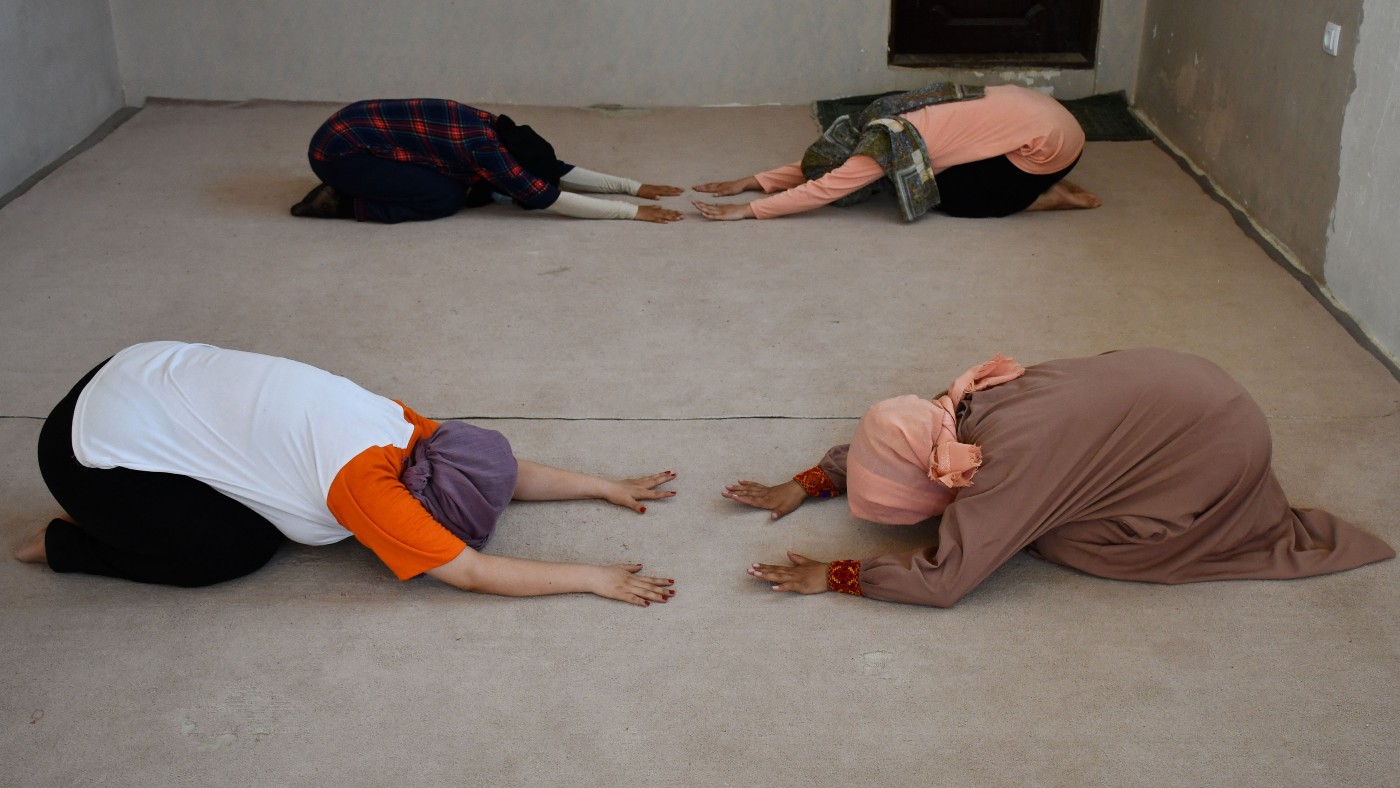
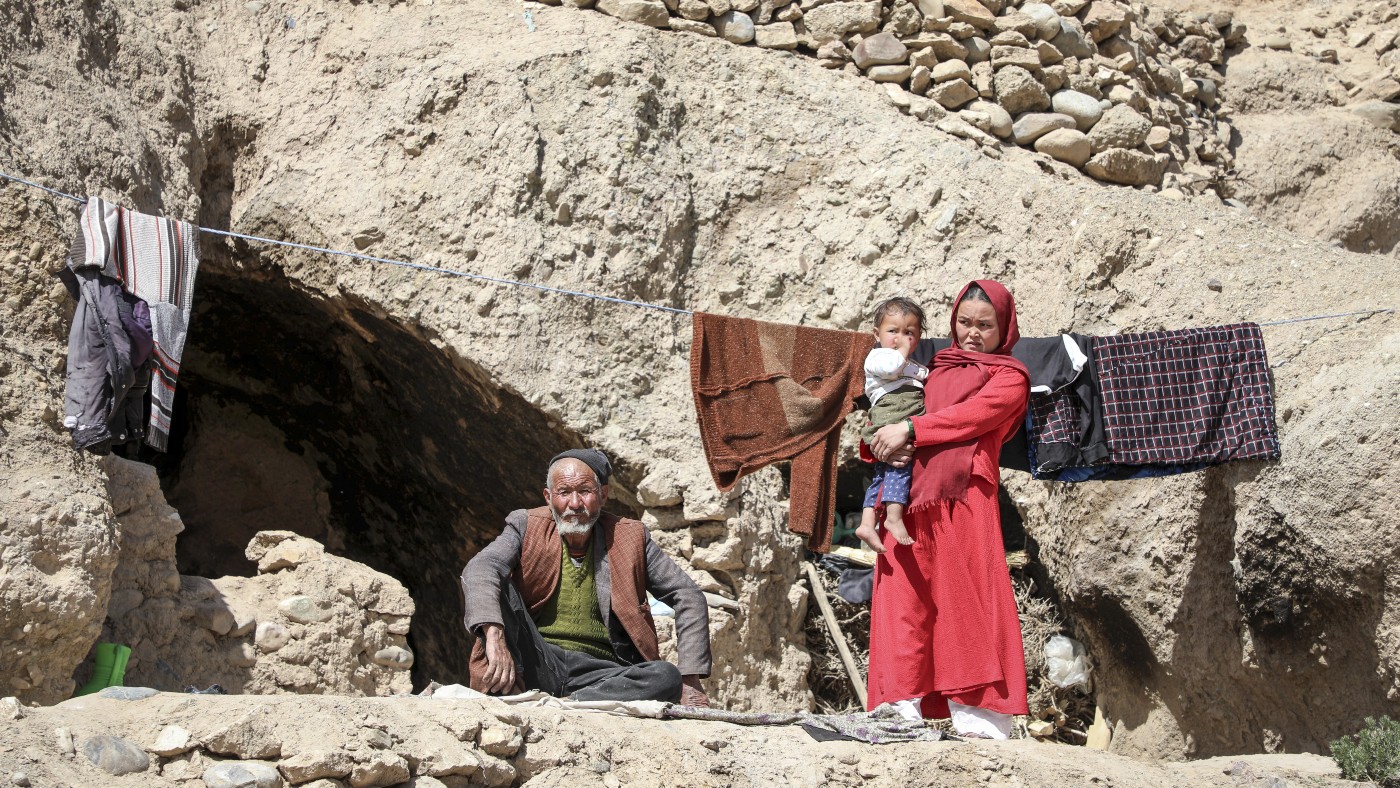

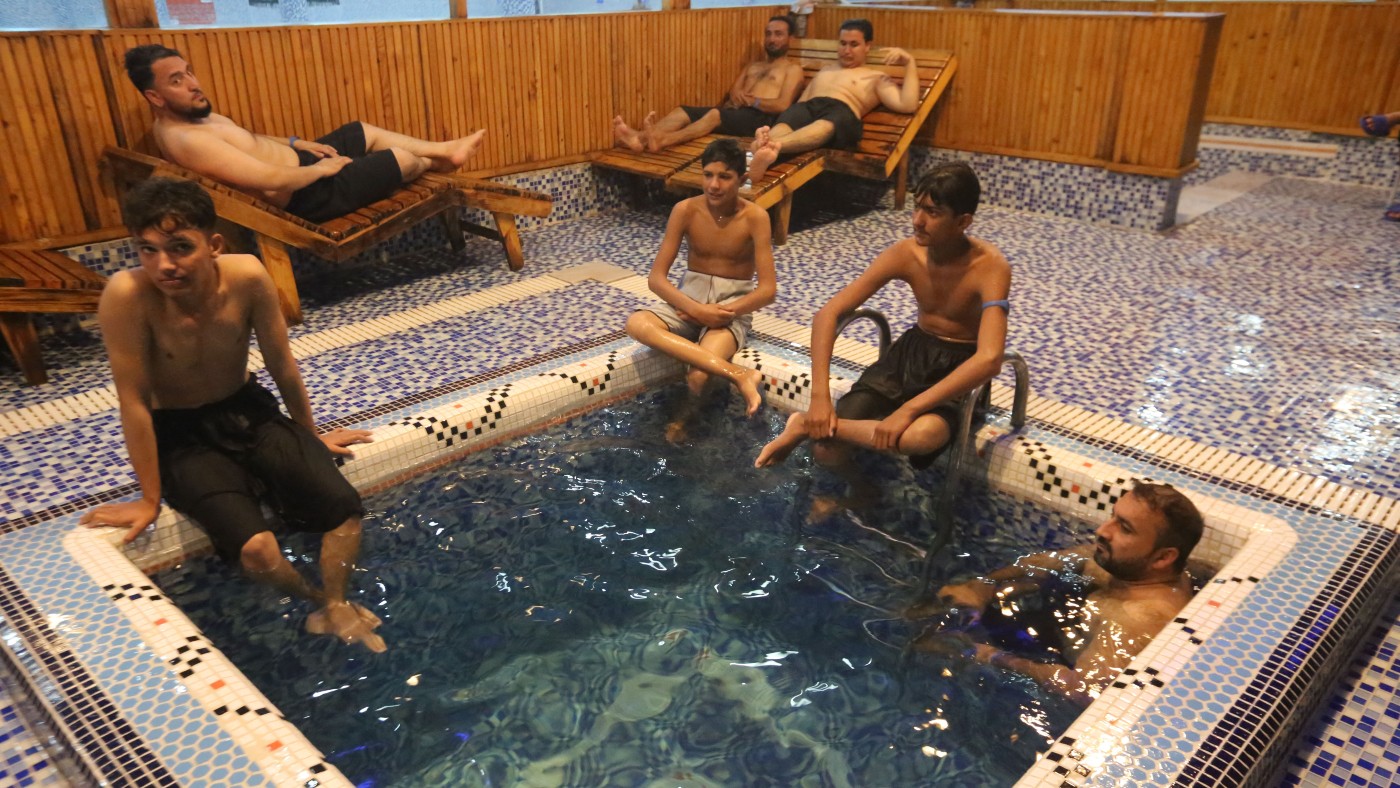
A free daily email with the biggest news stories of the day – and the best features from TheWeek.com
Julia O'Driscoll is the engagement editor. She covers UK and world news, as well as writing lifestyle and travel features. She regularly appears on “The Week Unwrapped” podcast, and hosted The Week's short-form documentary podcast, “The Overview”. Julia was previously the content and social media editor at sustainability consultancy Eco-Age, where she interviewed prominent voices in sustainable fashion and climate movements. She has a master's in liberal arts from Bristol University, and spent a year studying at Charles University in Prague.
-
 Local elections 2026: where are they and who is expected to win?
Local elections 2026: where are they and who is expected to win?The Explainer Labour is braced for heavy losses and U-turn on postponing some council elections hasn’t helped the party’s prospects
-
 6 of the world’s most accessible destinations
6 of the world’s most accessible destinationsThe Week Recommends Experience all of Berlin, Singapore and Sydney
-
 How the FCC’s ‘equal time’ rule works
How the FCC’s ‘equal time’ rule worksIn the Spotlight The law is at the heart of the Colbert-CBS conflict
